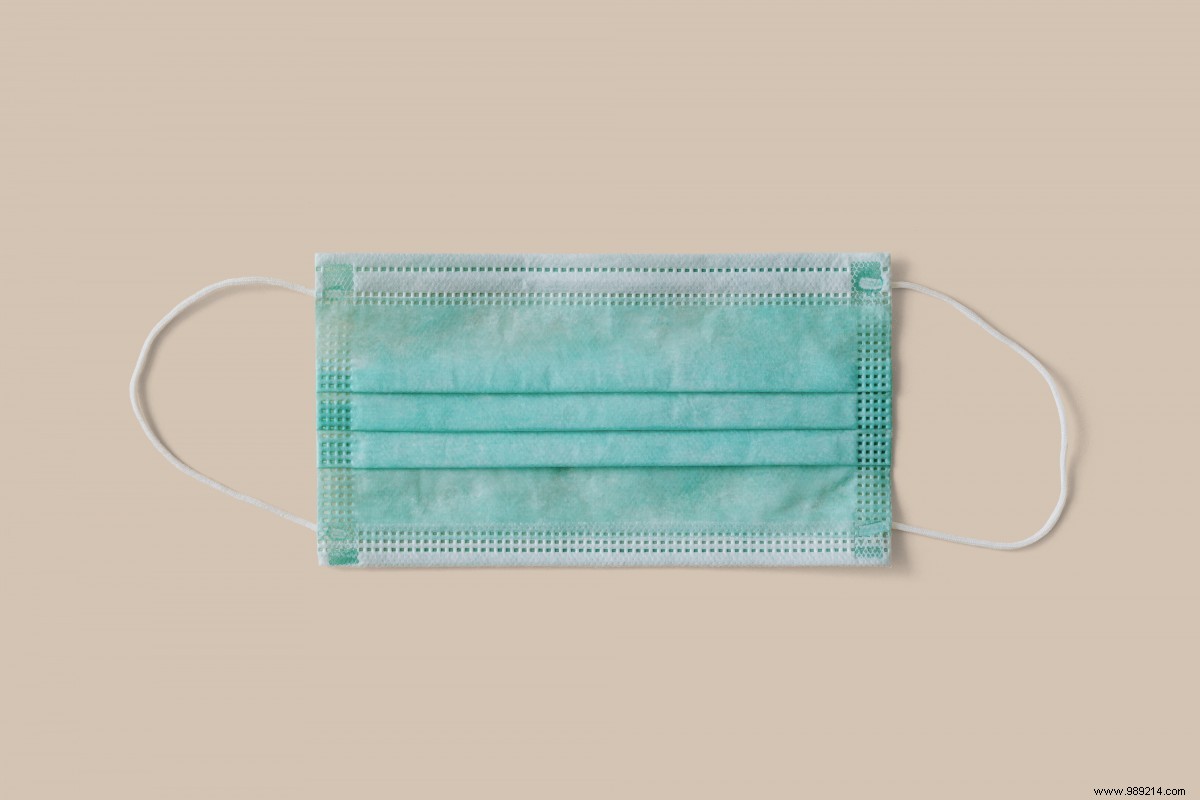As the COVID-19 pandemic continues to evolve, health authorities strongly discourage cloth masks. With surgical masks and FFP2 now widely available, understanding their protection levels against viruses is essential for informed choices.
In late January 2021, France's High Council for Public Health recommended against Category 2 (UNS2) or homemade fabric masks, citing their high permeability to variants like the English strain of COVID-19. Today, the primary options remain surgical masks and FFP2, both readily accessible without shortages.
Surgical masks (Type IIR) deliver bacterial filtration efficiency (BFE) above 98%, plus splash resistance standard to all medical masks. FFP2 masks offer particulate filtration efficiency (PFE) greater than 94%.

Innovative options like Cidaltex® masks provide lab-verified antiviral and antibacterial properties: 99.96% antiviral efficacy, 99.99% antibacterial, and 98% BFE. Antiviral performance was tested against Human coronavirus 229E (common cold virus) at 20 minutes, with antibacterial results against Escherichia coli and Staphylococcus aureus over similar times. These masks hold certifications such as EN-149 or EN-14683.
With COVID-19 ongoing and future health crises likely, prioritizing high-performance masks is key. Emerging innovations, like smartphone-connected smart masks, promise even more options soon.

A critical future challenge is merging robust virus protection with eco-friendliness. The pandemic highlighted disposable masks' toll: humanity discards 129 billion surgical masks monthly—3 million per minute. The UN warns 75% may pollute nature, taking over 400 years to degrade while releasing microplastics into water and air.
Innovators are responding. Marseille-based Hateia launched France's first approved biodegradable, compostable surgical mask. Swiss firm HMCARE created a transparent, biodegradable version, while Michelin offered a reusable mask washable up to 100 times early in the crisis.